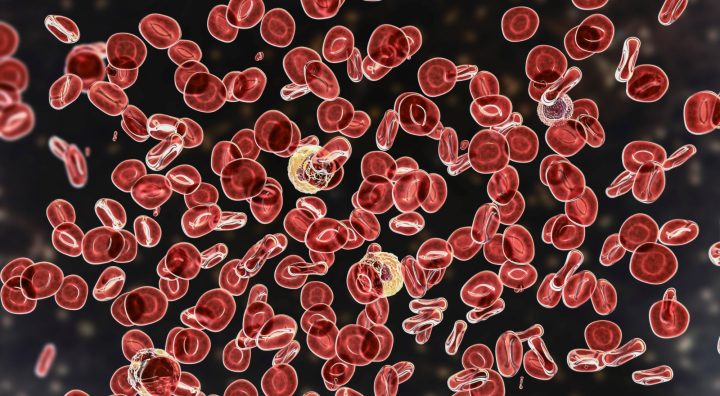Since their creation, vaccines have been controversial. Many of the issues surrounding vaccines we read about today have to do with recent controversies. But the invention of vaccines has been at the center of ethical debates since as early as the 1960s.
Vaccines were, of course, founded out of necessity—to stop the spread of the next horrific infectious disease. Dr. Meredith Wadman, a reporter for Science magazine and the author of The Vaccine Race: Science, Politics, and the Human Costs of Defeating Disease, explains that one of the consequences of the devastation of the 1964-65 Rubella epidemic was a big push to find new vaccines— to help prevent the outbreak of another deadly epidemic.
Inherently, the creation of vaccines involves reproducing the very viruses that the vaccine is meant to protect against. This is done using cells. Originally, scientists used kidney cells from monkeys, but Dr. Wadman explains that these were expensive to obtain and brought with them a number of dangerous safety issues.
In response, researcher Leonard Hayflick developed the idea of using human cells—a practice that has sparked ethical debates for decades. Hayflick used cells obtained from a fetus without the consent of the mother. The cells from this fetus, that were used in the 1960s, are still being used today— developing additional new vaccines, saving hundreds of millions of people.
But, still, how do scientists justify the ethics of this decision, especially to people who already do not believe with abortion? Dr. Wadman argues it’s important to maintain a view of the larger picture, because it’s an ongoing and evolving process. The same fetus that was unethically obtained in the ’60s has since done an incredible amount of good for all of humanity.
On the flip side, this reasoning should not be used to justify all unethical behavior, Dr. Wadman argues. She cautions that the race to find vaccines was also used to rationalize horrible abuses of power throughout World War II. With the pressing goal of creating an influenza vaccine, American researchers began experimenting on the institutionalized, prisoners—and even premature newborns and intellectually disabled children. At the time, these practices were not regulated. Later, protections were created that banned unethical experiments of this nature.
Ultimately, Dr. Wadman argues that while the need for a vaccine may be vital—often there are legitimately lives on the line—it is important that researchers do not forfeit ethics. There is a balance to be found between the two competing factors.
Guest Information:
- Dr. Meredith Wadman, reporter at Science magazine and author of The Vaccine Race: Science, Politics, and the Human Costs of Defeating Disease
Links for more info:
- Dr. Meredith Wadman’s Website











Leave a Reply